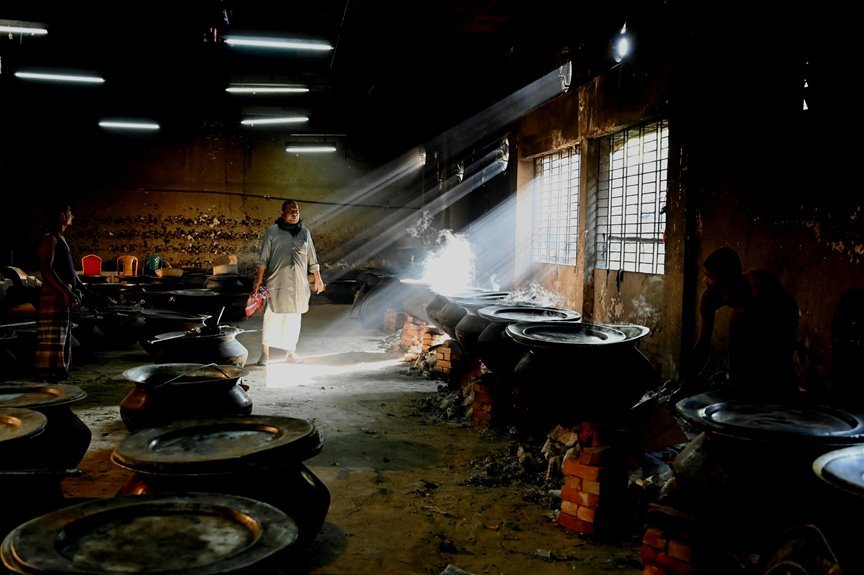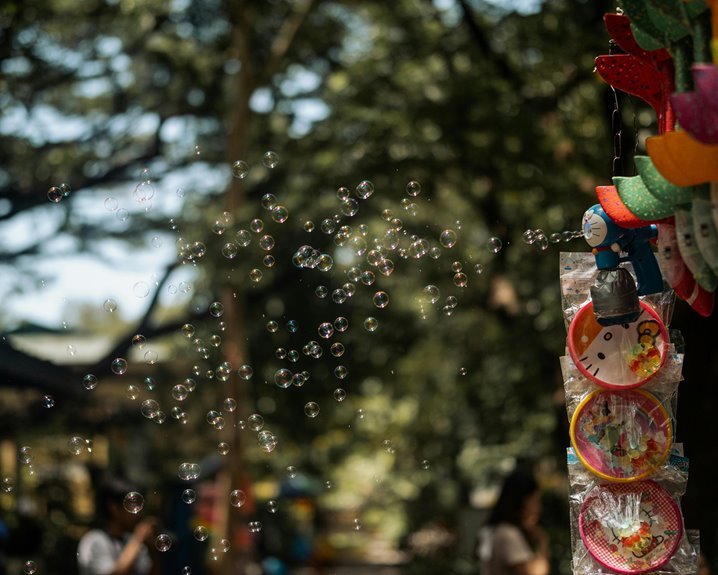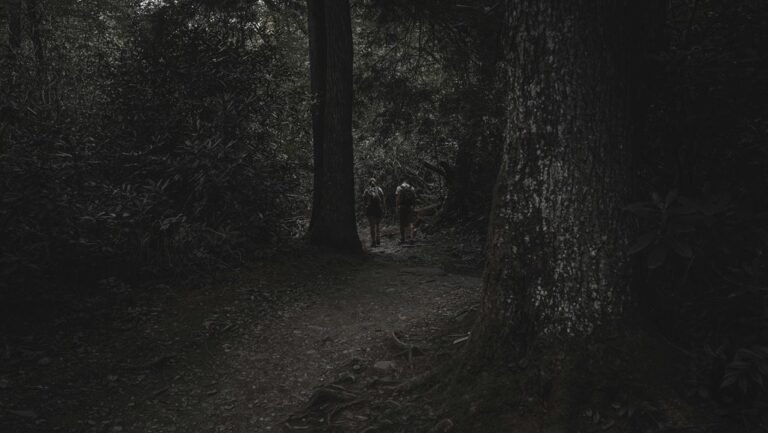Mutf_In: Tata_Nift_Midc_1oq9wvg
Mutf_In: Tata_Nift_Midc_1oq9wvg exemplifies a significant shift in the textile industry towards sustainability and innovation. The organization integrates advanced technologies and eco-friendly materials to minimize its environmental footprint. Strategic partnerships enhance its creative and ecological initiatives. As consumer preferences evolve, Mutf_In’s adaptability may play a crucial role in shaping its future and the broader industry landscape. What challenges and opportunities might arise from these developments?
Vision and Objectives of Mutf_In
The vision and objectives of Mutf_In are fundamentally aligned with fostering innovation and sustainability within the textile industry.
Through strategic vision strategies, Mutf_In seeks to implement practices that not only enhance production efficiency but also minimize environmental impact.
This emphasis on objective alignment ensures that the initiatives undertaken resonate with broader industry goals, promoting a future where creativity and ecological responsibility coexist harmoniously.
Key Collaborations and Partnerships
Numerous collaborations and partnerships form the backbone of Mutf_In’s strategic initiatives, enabling the organization to leverage diverse expertise within the textile sector.
These collaborative initiatives foster strategic alliances that enhance innovation and operational efficiency.
Innovative Practices in Design and Manufacturing
Driving innovation in design and manufacturing, Mutf_In embraces cutting-edge technologies and sustainable methodologies that redefine industry standards.
By employing user-centered design and smart manufacturing principles, the organization enhances product lifecycle management.
Agile methodologies and digital fabrication techniques facilitate rapid prototyping, while collaborative innovation fosters partnerships that drive creativity and efficiency.
Ultimately, this approach transforms traditional practices into a dynamic, forward-thinking approach within the industry.
Sustainable Solutions and Environmental Impact
While traditional manufacturing practices often prioritize efficiency over environmental considerations, Mutf_In recognizes the urgent need for sustainable solutions that minimize ecological impact.
The incorporation of eco-friendly materials is pivotal in reducing the carbon footprint of production processes.
Additionally, strategies focused on waste reduction not only enhance resource efficiency but also promote a circular economy, ensuring long-term sustainability and environmental responsibility within the industry.
Future Prospects and Industry Implications
As the industry evolves, the integration of sustainable practices is poised to reshape the future landscape of manufacturing.
Emerging market trends indicate a shift in consumer behavior towards eco-conscious products, necessitating manufacturers to adapt swiftly.
This alignment with sustainability not only enhances brand loyalty but also positions companies to thrive amid growing regulatory pressures and shifting market dynamics, ultimately redefining competitive advantage.
Conclusion
In an era reminiscent of the Renaissance, where innovation flourished through collaboration, Mutf_In embodies a transformative spirit within the textile industry. By intertwining sustainability with cutting-edge practices, it not only addresses modern consumer demands but also sets a precedent for ecological responsibility. As the company navigates the complexities of market dynamics, it stands as a beacon for future enterprises, highlighting that true progress lies in harmonizing creativity with environmental stewardship.






